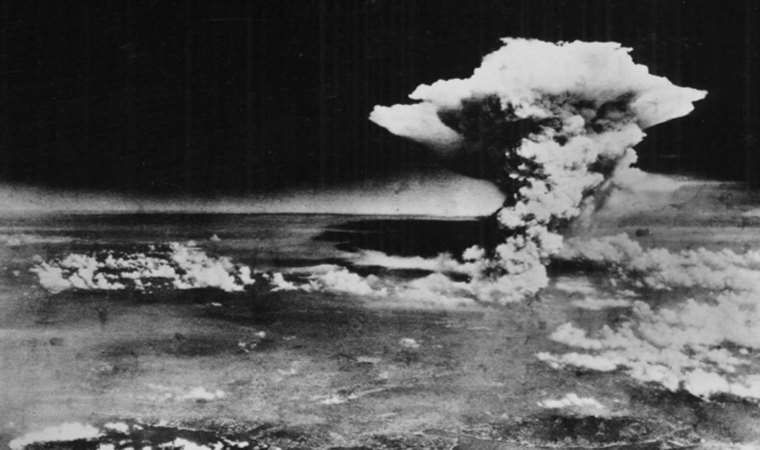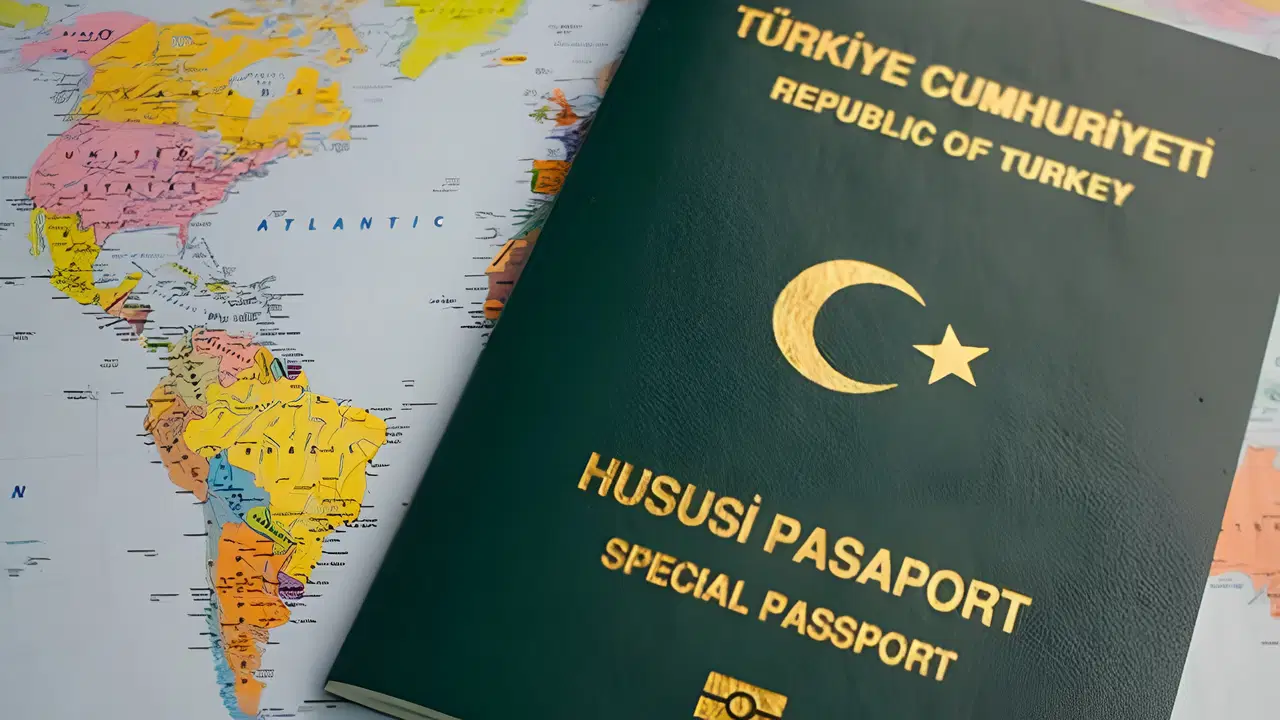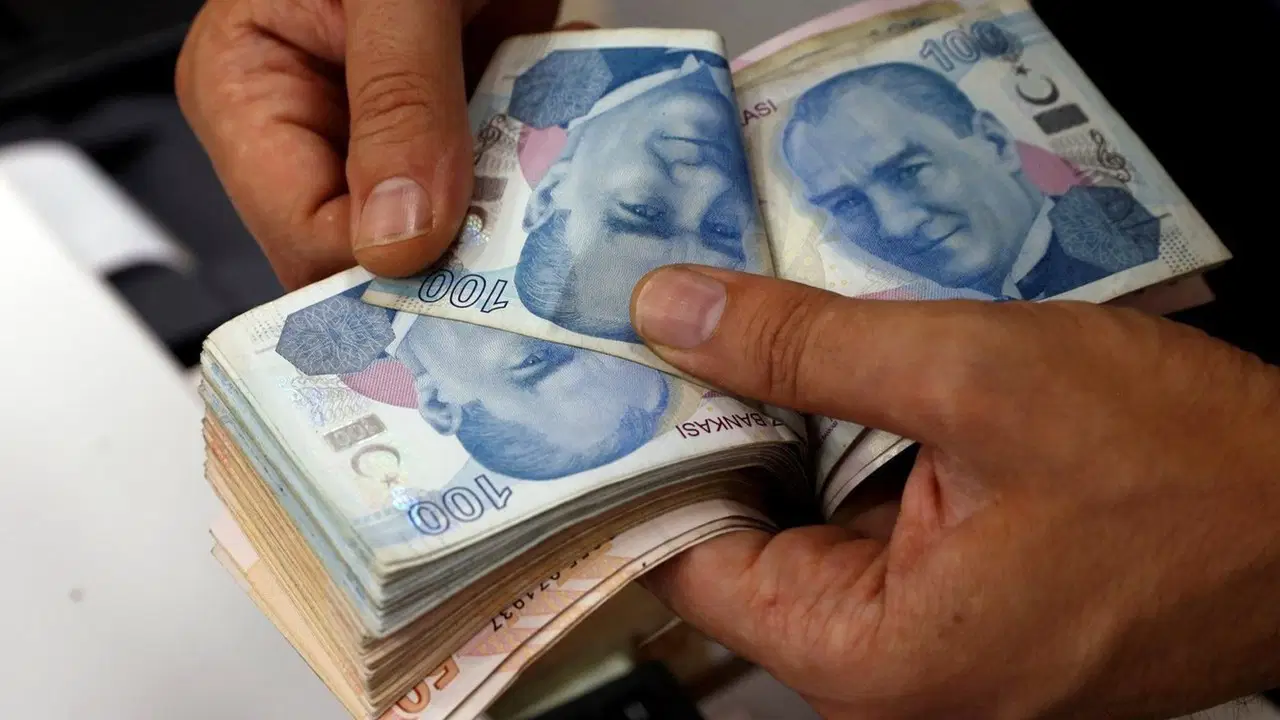The film "Oppenheimer" was released recently, marking the 78th anniversary of the atomic bomb's dropping on Hiroshima. The film delves into the biography of Julius Robert Oppenheimer, the pioneering inventor of the first nuclear bomb and the director of the Manhattan Project under US President Truman. Tragically, Oppenheimer could not foresee the agonizing repercussions of his groundbreaking discovery as a theoretical physicist. The film inspires by the Pulitzer Prize-winning biography American Prometheus, authored by Kai Bird and Martin J. Sherwin. The narrative commences with the sequence titled "American Prometheus."
The Manhattan Project
The setting is the summer of 1945, amid the tumult of World War II. Following the defeat of Germany by the Allied powers, the focus turned to Japan. The Japanese forces stood resilient with over 2 million troops ready for battle and 9,000 airplanes poised for suicide missions. A sobering projection by US experts estimated that invading Japan would incur the loss of 500,000 American soldiers and several million Japanese lives. Faced with the grim prospect of such staggering casualties, the United States resorted to the use of the atomic bomb. As far back as 1939, Albert Einstein and a consortium of prominent scientists had proposed a private research initiative to develop an atomic bomb for the US president. The Japanese attack on Pearl Harbor in 1941 precipitated the US entry into the war, thereby furnishing the rationale for pursuing the creation of this weapon of mass destruction. In 1942, the confidential undertaking to develop the atomic bomb, known as the "Manhattan Project" due to its inception at Columbia University in Manhattan, was initiated. Oppenheimer assumed the mantle of leadership for this endeavour.
Subsequent to the Japanese assault on Pearl Harbor, the USA strategized an assault aimed at civilians, culminating in the deployment of the atomic bomb for the first time, as an unforgettable lesson to Japan. On August 6, 1945, at 8:15 in the morning, "Little Boy," a 4-ton device, was dropped from the aircraft named "Enola Gay," resulting in a cataclysmic explosion over Hiroshima. The ground temperature near the epicentre exceeded 9000 degrees Celsius, causing instant incineration of 70,000 individuals. In the first five years following the explosion, the death toll from radiation exposure reached 250,000. Countless others endured enduring ramifications of radiation exposure, bearing the title "Hibakusha," a term denoting "blast-affected persons" in Japanese. Hibakusha comprises those who survived the Hiroshima and Nagasaki bombings. These individuals later succumbed to bomb-induced diseases, including cancer and leukaemia. Those who survived bore physical and emotional scars for years, grappling with immeasurable pain and suffering.
The Monumental Tragedy
When Robert Oppenheimer conceptualized the atomic bomb, his aspiration was that his creation would serve as a deterrent against Hitler, with no intention of using it against innocent lives. Regrettably, his vision diverged from Truman's course of action, leading to the death and injury of hundreds of thousands, plunging him into profound despair. Following the detonation of the first atomic bomb, he encapsulated the tragedy he had unwittingly ignited by proclaiming, "I am now death itself, destroying worlds." In 1950, while in Japan for a meeting, Oppenheimer confronted the poignant stories of the "Hibakushas." Tragically, in 1962, he was diagnosed with laryngeal cancer and on February 18, 1967, he passed away at the age of 62.
When Oppenheimer candidly informed US President Harry S. Truman that he bore "blood on his hands" during their encounter, Truman retorted, "I was the one who dropped the bombs, not you." Regrettably, despite the unforgettable tragedy witnessed by the Japanese populace, the spectre of nuclear weapons looms, still posing an existential threat to humanity.















